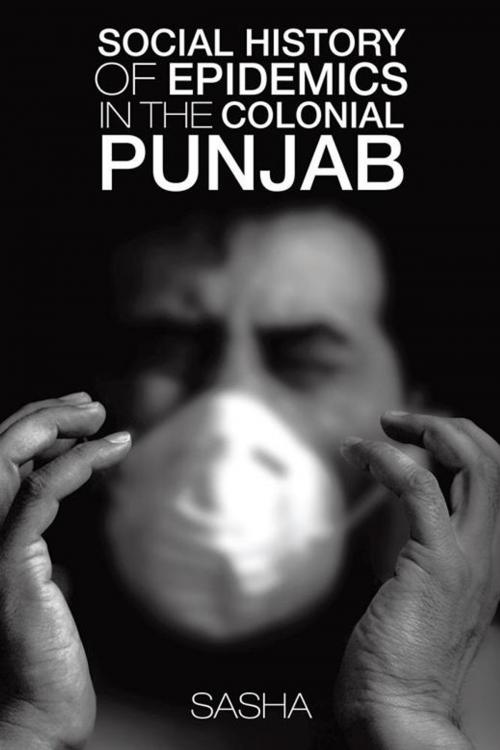| Author: | Sasha | ISBN: | 9781482836226 |
| Publisher: | Partridge Publishing India | Publication: | August 28, 2014 |
| Imprint: | Partridge Publishing India | Language: | English |
| Author: | Sasha |
| ISBN: | 9781482836226 |
| Publisher: | Partridge Publishing India |
| Publication: | August 28, 2014 |
| Imprint: | Partridge Publishing India |
| Language: | English |
Since the earliest times, epidemics have broken out at regular intervals killing a large number of people. They have presented peculiar problems both to the state and to the society. The colonial India in general and the Punjab in particular were affected intermittently by epidemics. The Punjab was one of the worst affected provinces of the colonial India in which several lakhs of people fell prey to the deadly epidemics. Punjab was the wheat basket of the British empire and the leading recruitment centre for military service in British Indian army. Due to its strategic and military importance, the British handled the epidemics with great vigour. However, in their attempt to contain the epidemic, the British impinged on the privacy and religious susceptibilites of the natives. The present work discusses the role of the state in handling the epidemics and the response of the society to such measures. Sasha: The author is currently working as an Assistant Professor at Panjab University, Chandigah.She did her doctorate in the faculty of Arts under UGC fellowship from the Panjab University. She has to her credit several publications both in international and national journals on the issues of health, medicine and society in the colonial period.
Since the earliest times, epidemics have broken out at regular intervals killing a large number of people. They have presented peculiar problems both to the state and to the society. The colonial India in general and the Punjab in particular were affected intermittently by epidemics. The Punjab was one of the worst affected provinces of the colonial India in which several lakhs of people fell prey to the deadly epidemics. Punjab was the wheat basket of the British empire and the leading recruitment centre for military service in British Indian army. Due to its strategic and military importance, the British handled the epidemics with great vigour. However, in their attempt to contain the epidemic, the British impinged on the privacy and religious susceptibilites of the natives. The present work discusses the role of the state in handling the epidemics and the response of the society to such measures. Sasha: The author is currently working as an Assistant Professor at Panjab University, Chandigah.She did her doctorate in the faculty of Arts under UGC fellowship from the Panjab University. She has to her credit several publications both in international and national journals on the issues of health, medicine and society in the colonial period.















